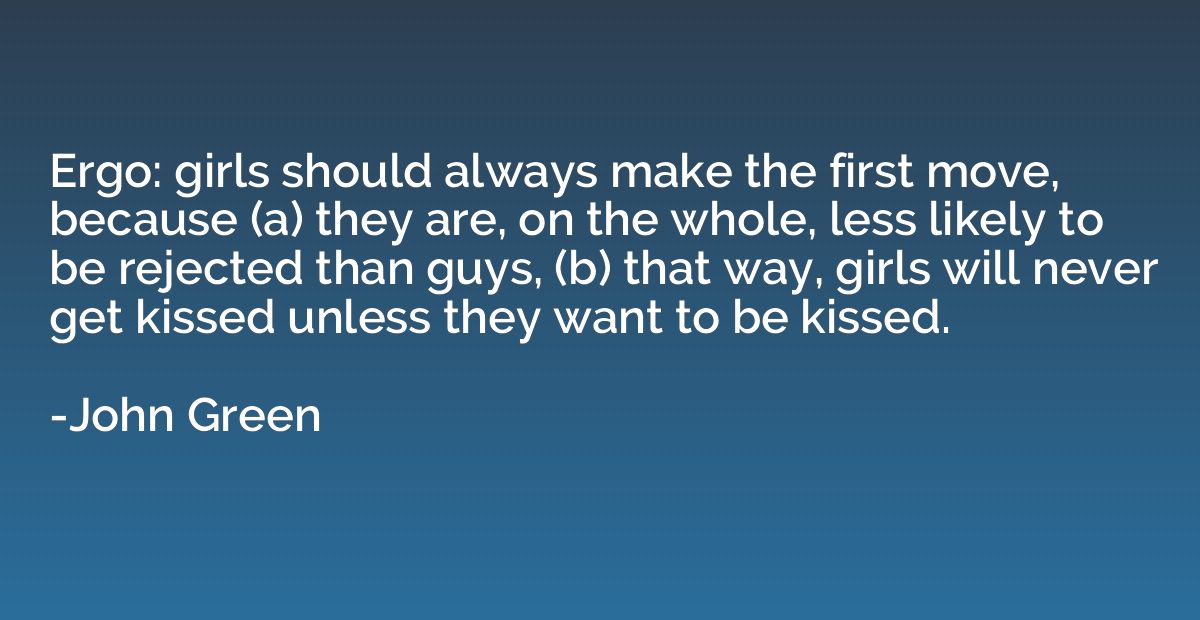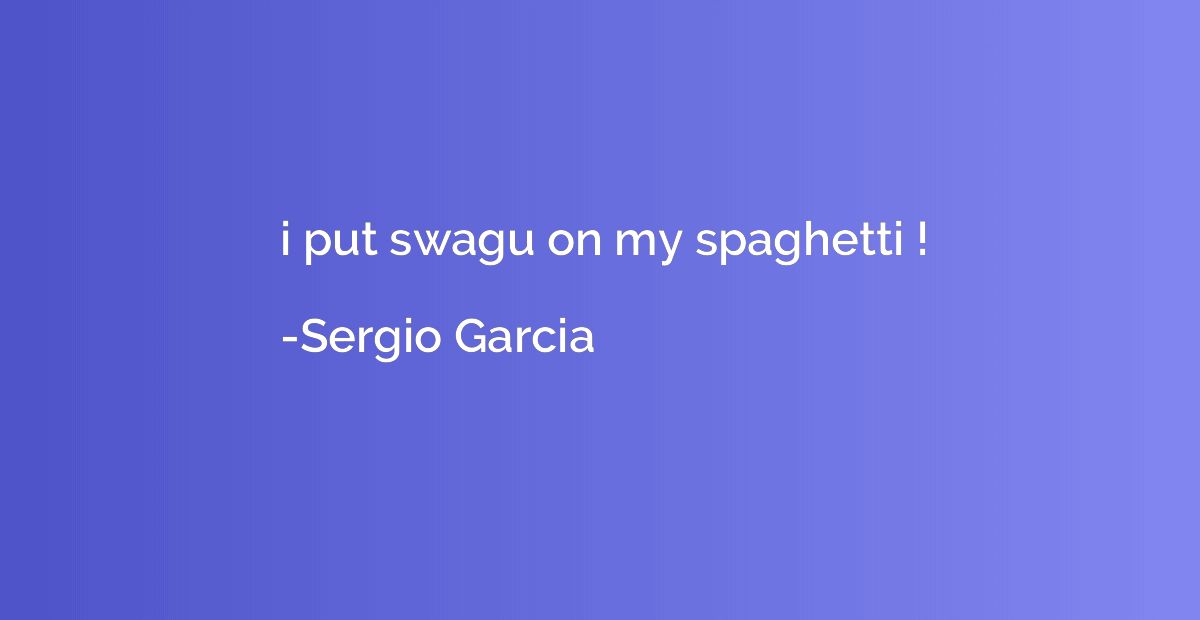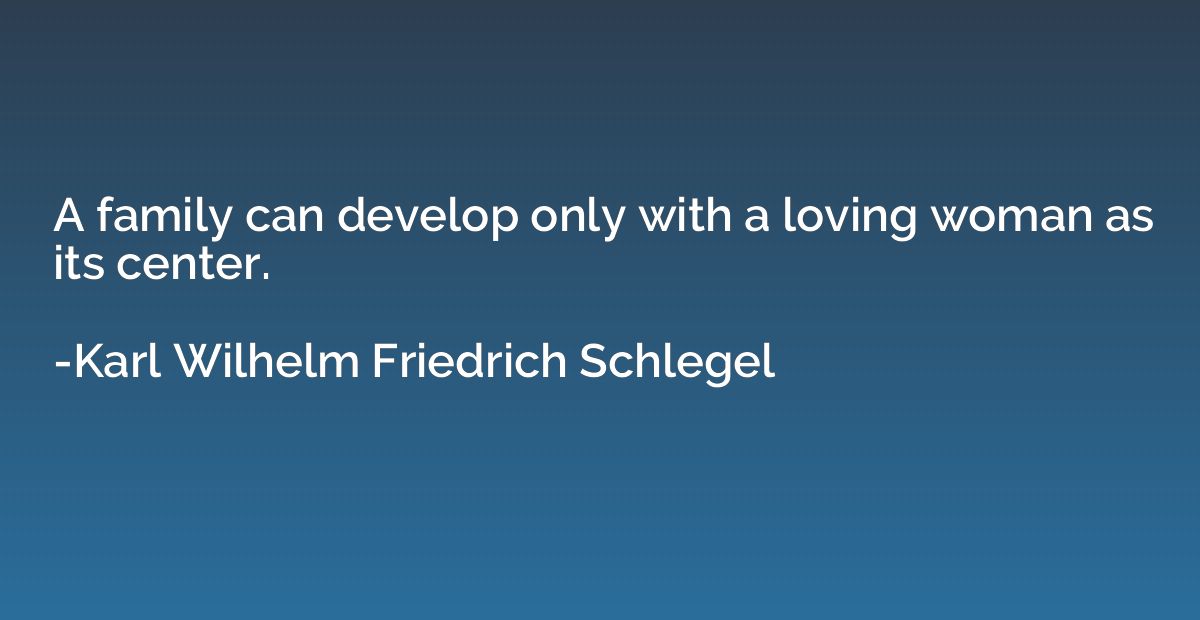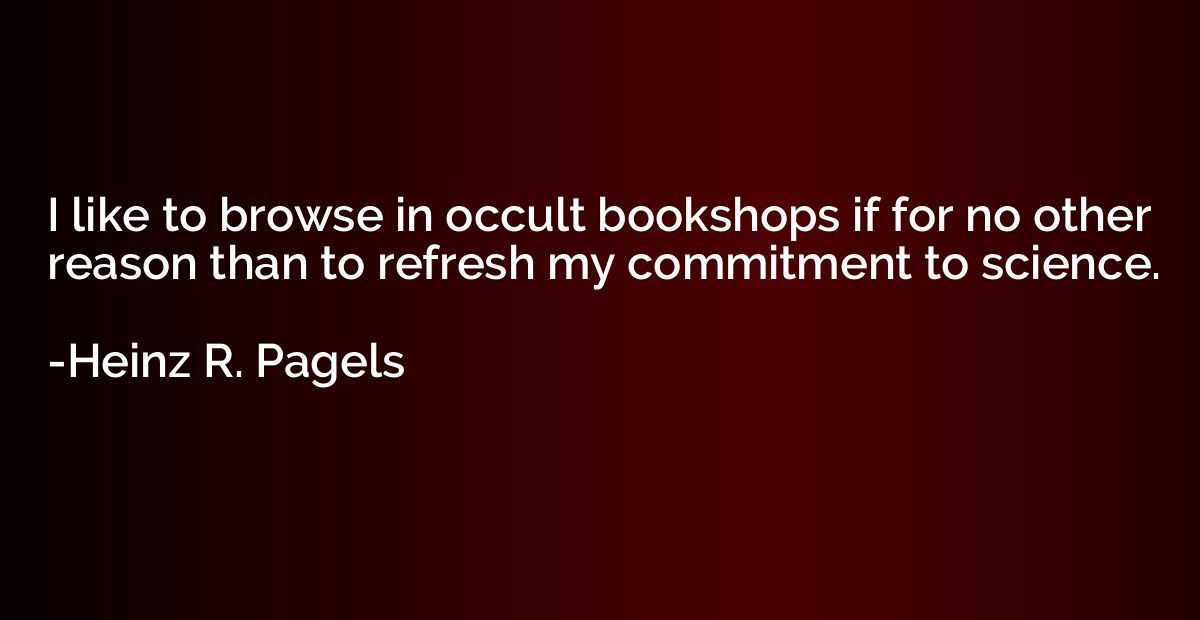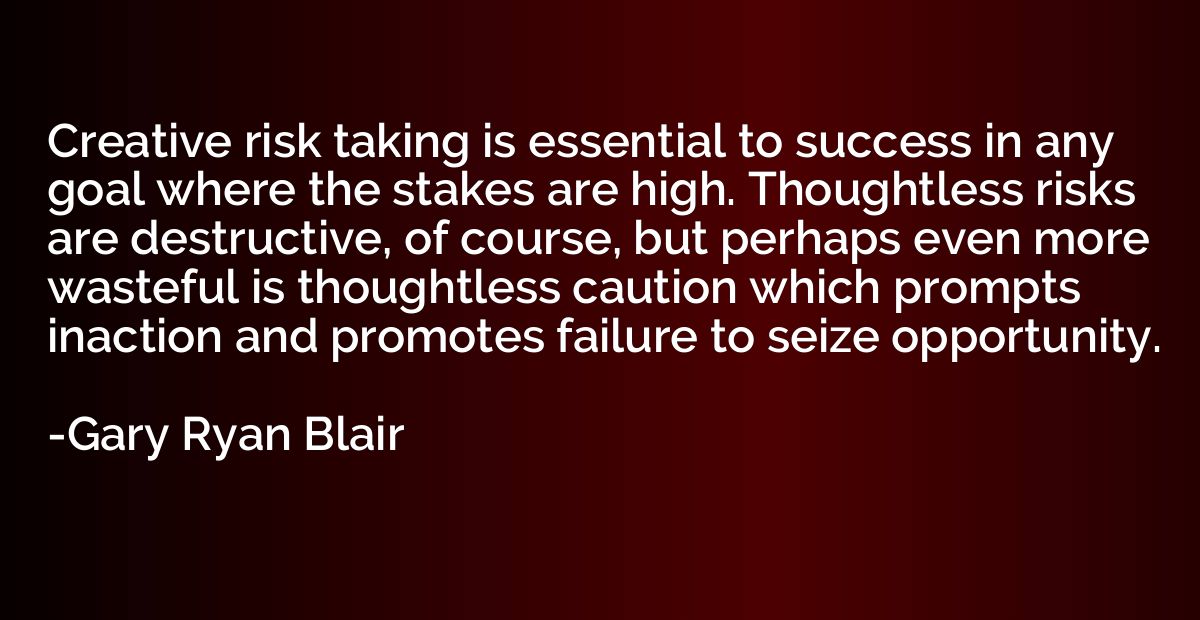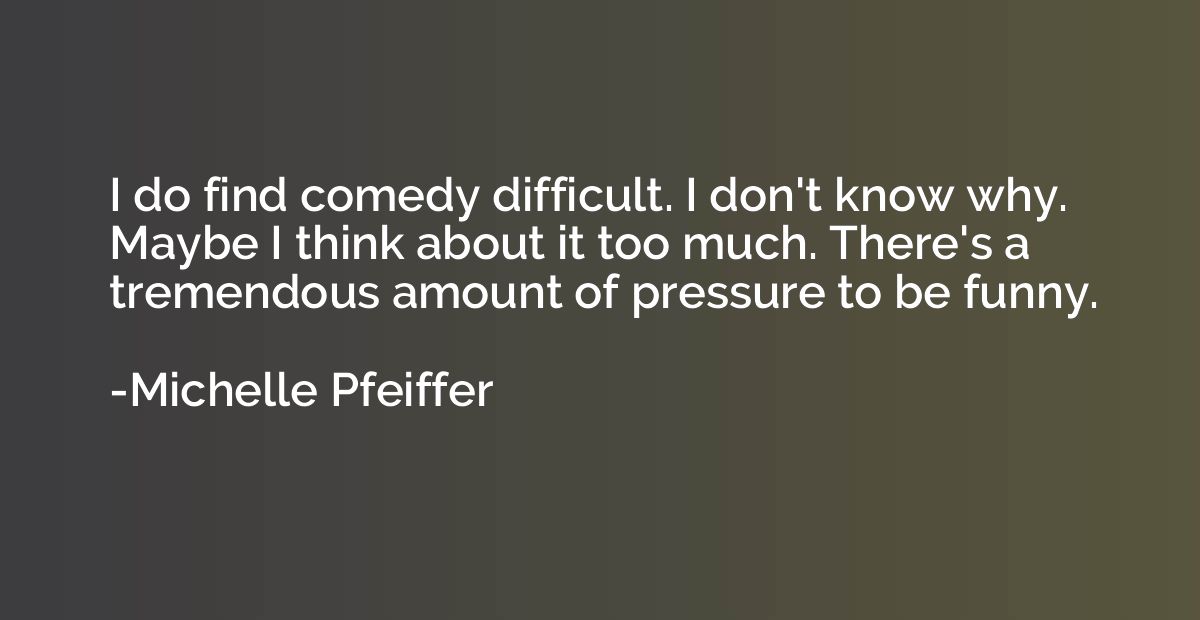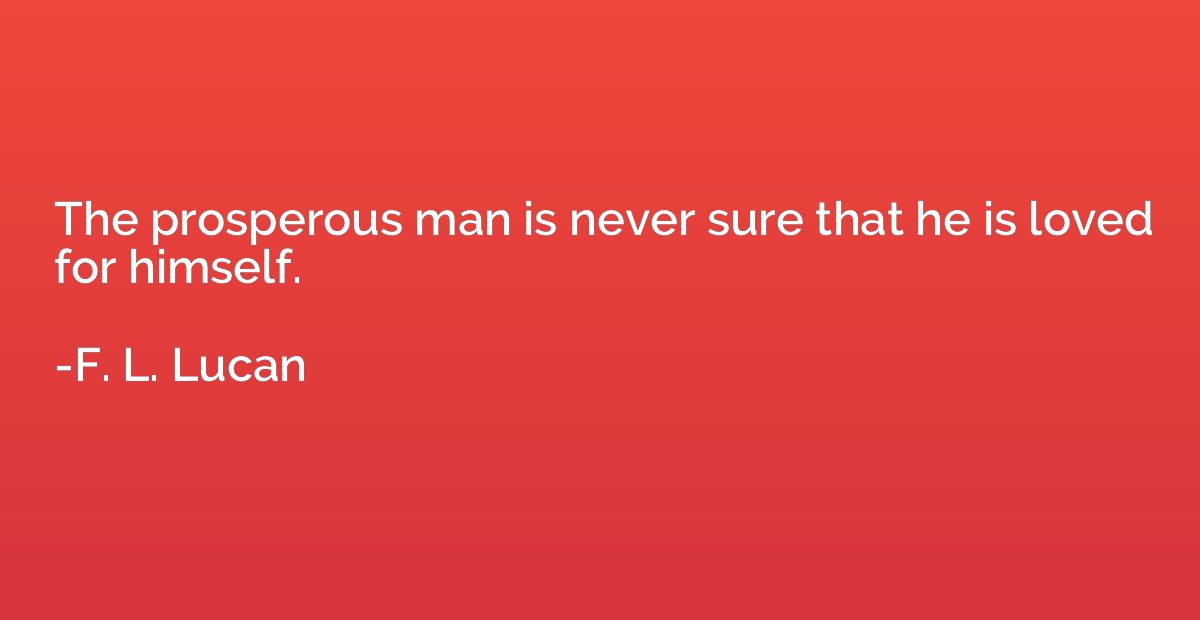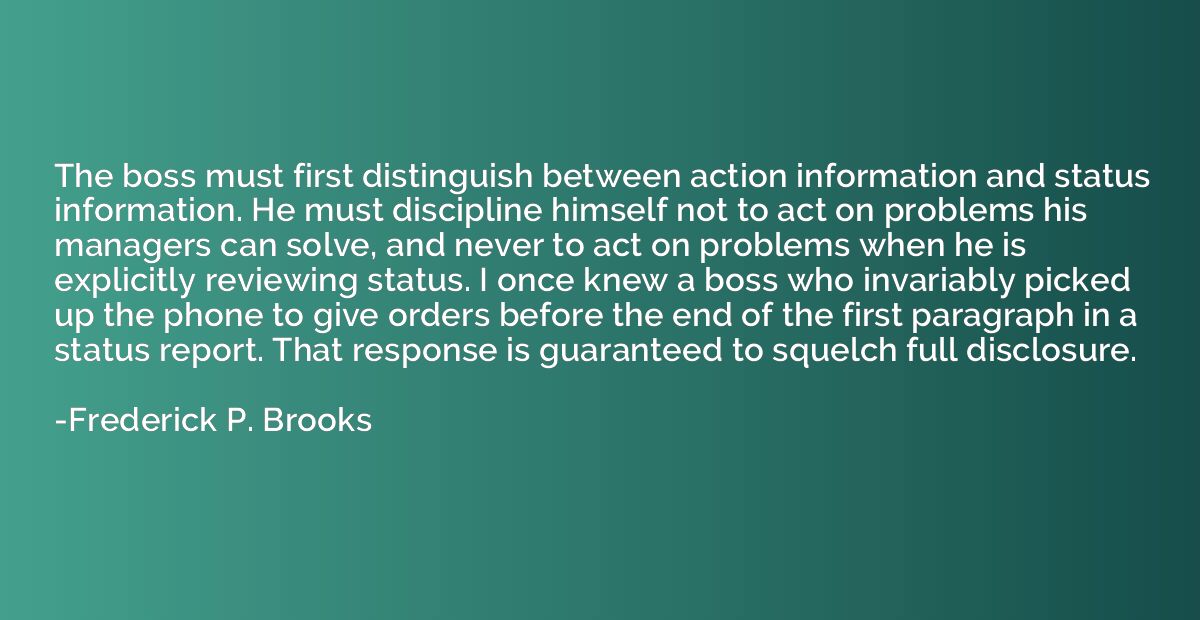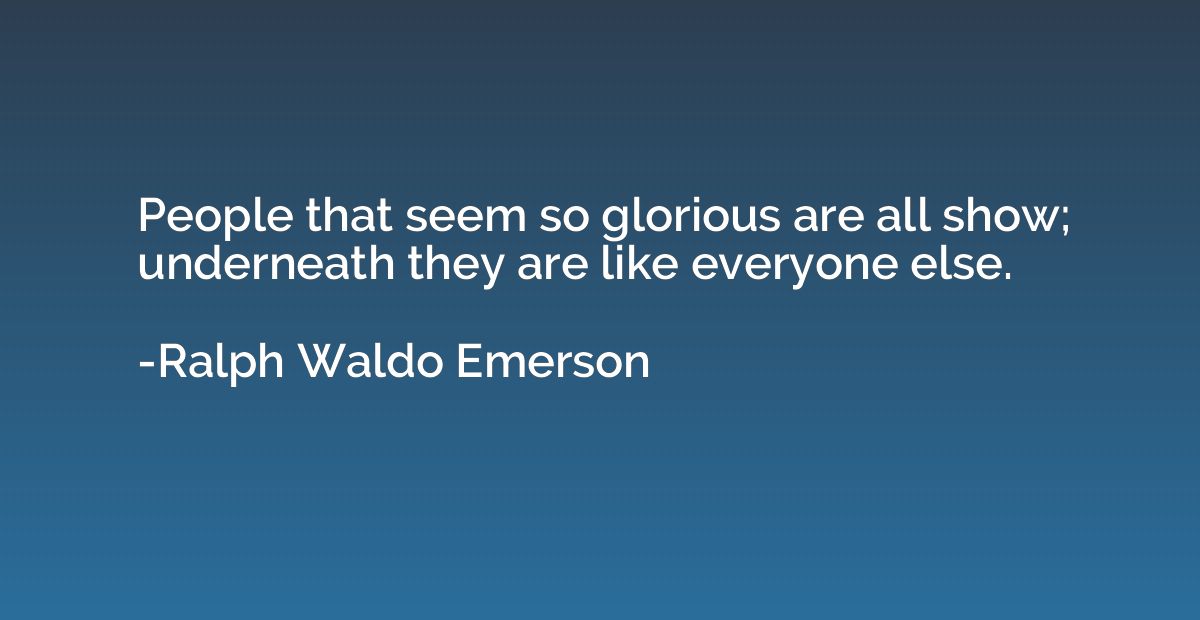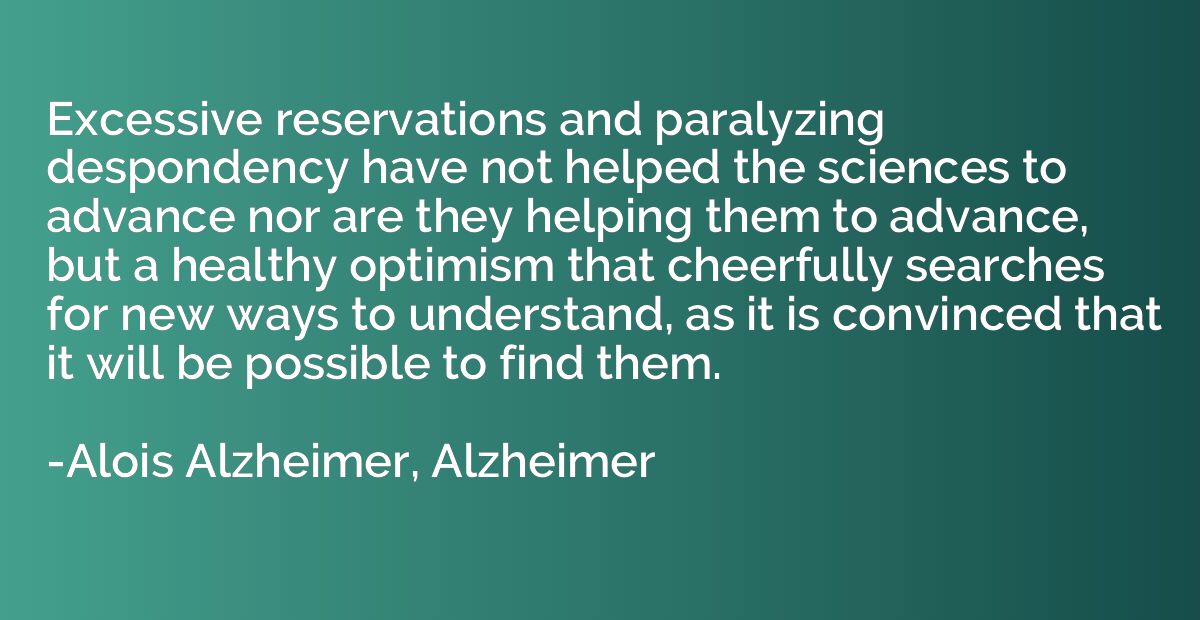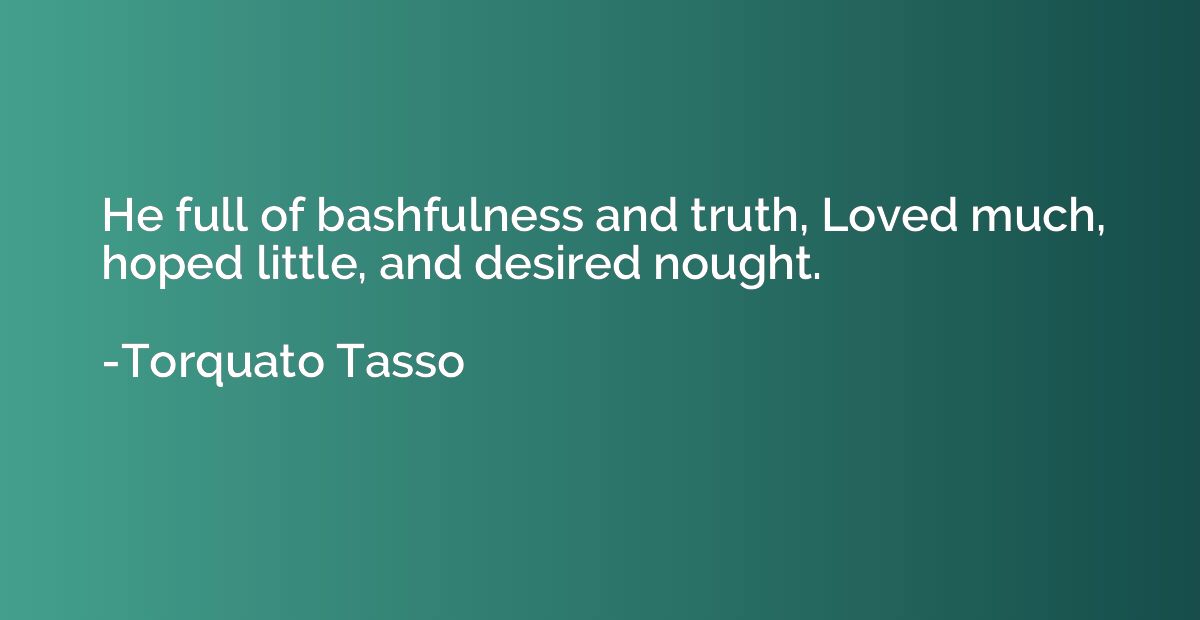Quote by Daniel Webster
The freest government, if it could exist, would not be long acceptable, if the tendency of the laws were to create a rapid accumulation of property in few hands, and to render the great mass of the population dependent and penniless. In such a case, the popular power would be likely to break in upon the rights of property, or else the influence of property to limit and control the exercise of popular power. Universal suffrage, for example, could not long exist in a community where there was great inequality of property. In the nature of things, those who have not property, and see their neighbors possess much more than they think them to need, cannot be favorable to laws made for the protection of property. When this class becomes numerous, it grows clamorous. It looks on property as its prey and plunder, and is naturally ready, at all times, for violence and revolution.
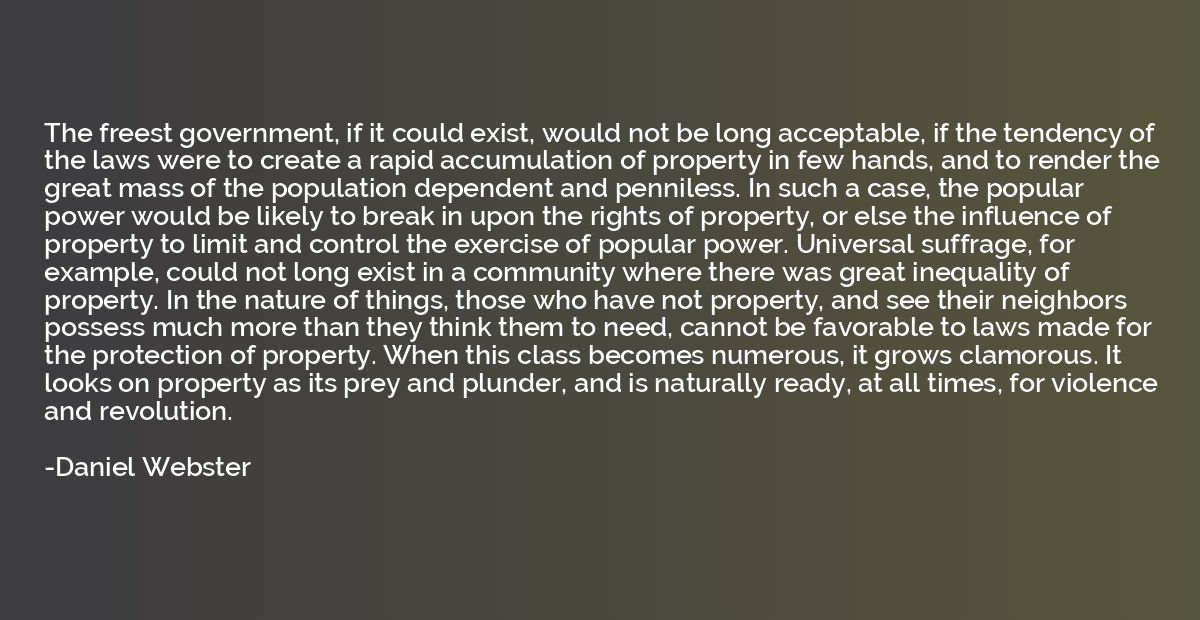
Summary
This quote reflects the importance of striking a balance between property rights and the needs of the general population within a free government. It warns that if the laws in a society are designed to concentrate wealth in the hands of a few, while leaving the majority impoverished and dependent, the resulting inequality may provoke a conflict between the rights of property owners and the power of the people. It suggests that great inequality can undermine the sustainability of democracy, as those without property may become resentful and seek to challenge or overthrow the system.




